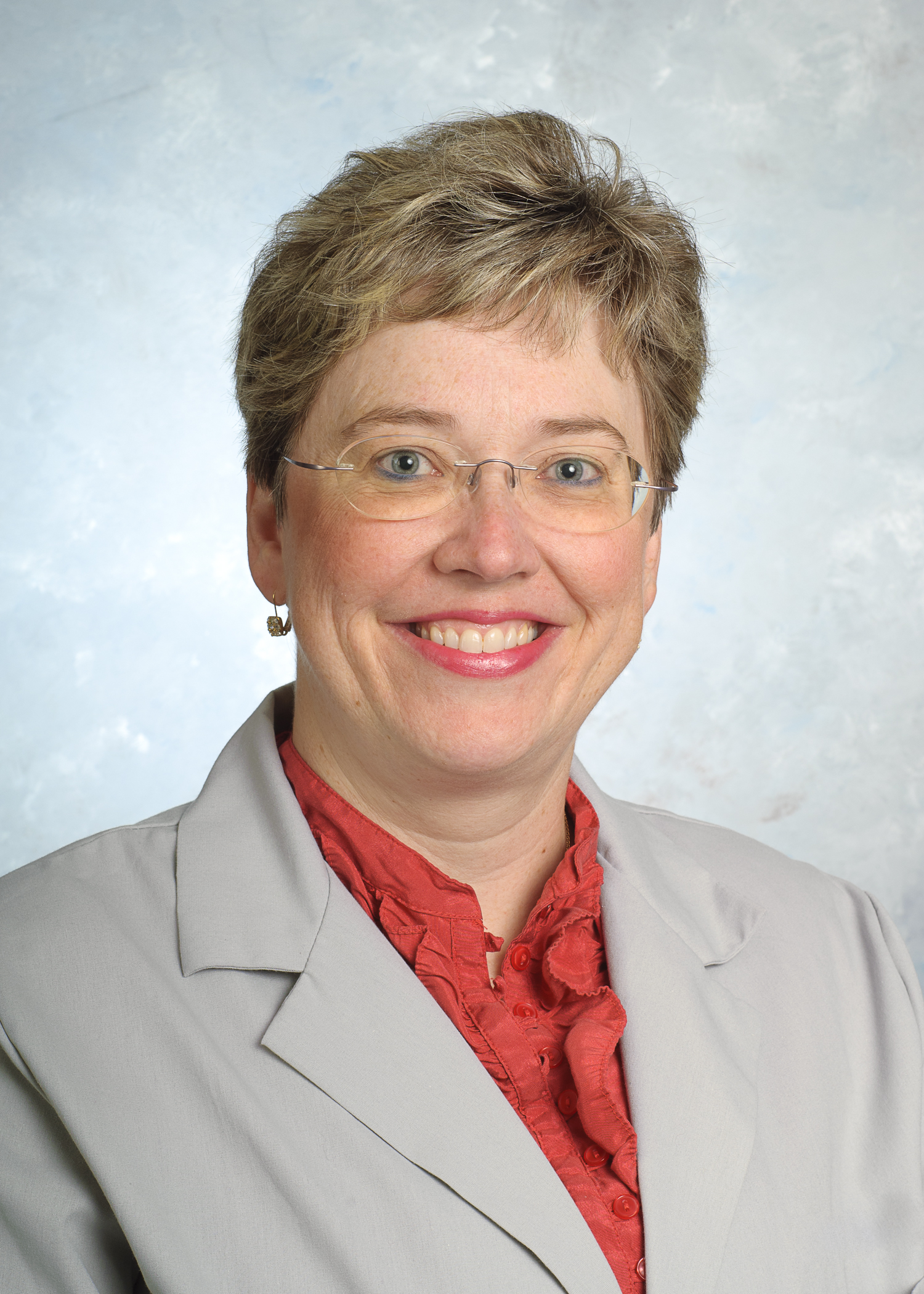AARP Hearing Center

By Susannah Spiess, MD
No one ever claimed it’s a walk in the park, but a colonoscopy is not even close to the dreadful experience it is so often made out to be.
Each year 50,000 people in the United States die from colorectal (or colon) cancer. It’s the second leading cause of cancer-related deaths in the U.S. The sad fact is that if everyone older than 50 was screened for the disease, more than 60 percent of the deaths could be avoided, according to the Centers for Disease Control.
Unfortunately unfounded fear and anxiety cause far too many of those at risk to delay and to delay again their potentially life-saving screenings. March is Colorectal Cancer Awareness Month and there is no better time than now to schedule colonoscopies for you and your loved ones.
Yes, the prep is slightly annoying: you must endure a day of liquid dieting and take laxatives to empty the gastrointestinal tract. But the procedure itself takes only 30 minutes to an hour, and most patients receive sedatives to counter any pain or discomfort. In fact, many sleep right through it. You can resume normal activities the next day.
Despite common misconceptions, it’s not just a “man’s disease” but is the third leading cause of female cancer deaths in the country. So help spread the word: it is just as important for women to be aware of the risks, preventive measures and treatment options as it is for men.
Colorectal cancer often starts from polyps, which are abnormal growths on the lining of a person’s colon and rectum. The polyps are caused by a variety of factors ranging from an unhealthy lifestyle to family history. In fact, the risk of developing colorectal cancer doubles for people with a first-degree relative who has had the disease. Age plays a major factor too, and while it is not common for young people to be diagnosed, men and women over age 50 are most at risk. African American men and women have a higher risk of colorectal cancer than Caucasians, Asians or Hispanics.
The good news is that the disease is very preventable, thanks in large part to colonoscopies – the gold standard of colorectal cancer screenings. Polyps can be detected and removed during the screening procedure, even before they have the potential to become cancerous. If caught early during Stage I cancer, the chance of recovery is as high as 90 percent. By remaining vigilant and undergoing regular colonoscopy screenings, both men and women can improve their chances of detection and treatment.
That’s why it’s especially important to raise awareness about the risks and encourage your friends and family to get screened. Screening is the number one way to reduce your risk of colorectal cancer. Unfortunately, more than half of Americans between the ages of 50 and 75, the age range when screenings are most strongly recommended, have not undergone colonoscopies.
While early treatment and screenings are vital, a healthy lifestyle is essential for colorectal cancer prevention. It is important to exercise regularly, eat a healthy diet full of fruits and vegetables and of course, avoid smoking. These simple lifestyle changes can significantly reduce the risk of colorectal cancer and trigger countless other benefits, too.
In recent years, a greater emphasis on raising awareness has resulted in significant progress. Today, there are more than one million colorectal cancer survivors alive in the U.S.
So let your friends and relatives know when and why you’re getting a colonoscopy screening, and encourage them to do the same. Together, we can reduce the risk of colorectal cancer.
Susannah Spiess, MD, is a gastroenterologist at NorthShore University HealthSystem. For more information, go to northshore.org/gi.































































